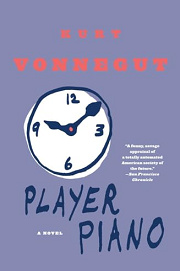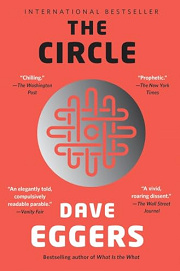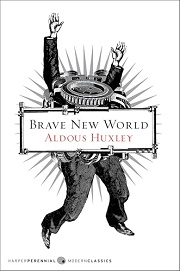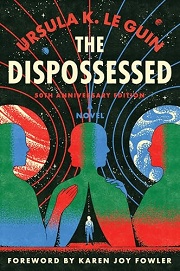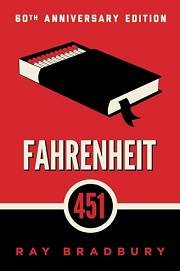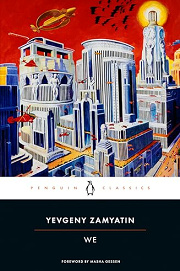Share your thoughts in a quick Shelf Talk!
Player Piano by Kurt Vonnegut
In an automated America obsessed with efficiency, one engineer begins to question whether progress has quietly replaced purpose. Satirical, prescient, and bracing, Player Piano imagines a future where machines run everything—except the human heart.
Have you read this book? Share what you liked (or didn’t), and we’ll use your answers to recommend your next favorite read!
Love Player Piano but not sure what to read next?
These picks are popular with readers who enjoyed this book. Complete a quick Shelf Talk to get recommendations made just for you! Warning: possible spoilers for Player Piano below.
In Player Piano, did you enjoy ...
... satirical skewering of techno-utopian corporate control and surveillance?
The Circle by Dave Eggers
If what hooked you was how Vonnegut lampoons the engineer–manager elite—think Paul Proteus drifting through Ilium’s cocktail parties, Anita’s ladder-climbing, and the gospel of EPICAC-managed efficiency—you’ll appreciate how The Circle skewers a shiny campus where slogans like “Secrets are lies” seduce workers into surrender. Like Paul’s discomfort with the Ghost Shirt Society being packaged as a “fix,” Mae Holland’s buy-in to total transparency becomes the joke and the warning. The same corporate pieties that churn out Ilium’s automated workforce reappear here as smiley UX screens and metrics that measure your soul.
... a stratified, engineered society where comfort replaces purpose?
Brave New World by Aldous Huxley
You liked how Player Piano divides the world into engineers/managers versus the “Reeks and Wrecks,” with Paul Proteus realizing that comfort without meaningful work hollows people out—right down to the Shah of Bratpuhr’s baffled tour. In Brave New World, Huxley builds a society even more meticulously sorted than Ilium’s: castes are designed, pleasures are prescribed, and unrest is anesthetized. John the Savage’s revolt echoes Paul’s failed uprising with Lasher and Finnerty—brave gestures in systems that have already planned for dissent.
... critiques of hierarchies and the economics of labor?
The Dispossessed by Ursula K. Le Guin
If Paul Proteus’s crisis—choosing between status in Ilium and the Ghost Shirt Society’s promise that work can dignify—resonated, The Dispossessed dives straight into that tension. Physicist Shevek moves between an anarchist world prizing communal labor and a capitalist world dazzled by prestige and ownership, much like Paul weighing Anita’s social ambitions against the machinists he meets in Homestead bars and shop floors. Where Vonnegut stages a rebellion that resets the machines to life again, Le Guin asks what kind of system would make such resets unnecessary.
... social-SF focus on how technology reshapes culture and purpose?
Fahrenheit 451 by Ray Bradbury
If the pull for you was Vonnegut’s social focus—automation, status tests, and EPICAC’s plans matter less for their specs than for how they make people feel useless—then Bradbury’s Fahrenheit 451 hits the same nerve. Like Paul drifting from his sanctioned role toward the hands-on satisfaction of fixing and building (and that poignant, futile factory “liberation”), Montag abandons the easy comforts of wall-sized screens for the hard work of remembering and making. Both novels care less about gadgets than about whether a person’s work means anything.
... existential questioning of a mathematically managed society?
We by Yevgeny Zamyatin
If the part that lingered was Paul’s inner debate—caught between Finnerty’s iconoclasm, Lasher’s zeal, and the cold logic of EPICAC XIV—We presents the blueprint: D-503, an engineer of the Integral, journals his unraveling in a city built on Taylorism. The OneState’s parades and equations mirror Ilium’s efficiency sermons and aptitude sorting; the rebellion that tempts D-503 recalls the Ghost Shirt Society’s doomed push. Both books ask whether a life optimized on paper still adds up to a human being.
Unlock your personalized book recommendations! Just take a quick Shelf Talk for Player Piano by Kurt Vonnegut. It’s only a few questions and takes less than a minute.
